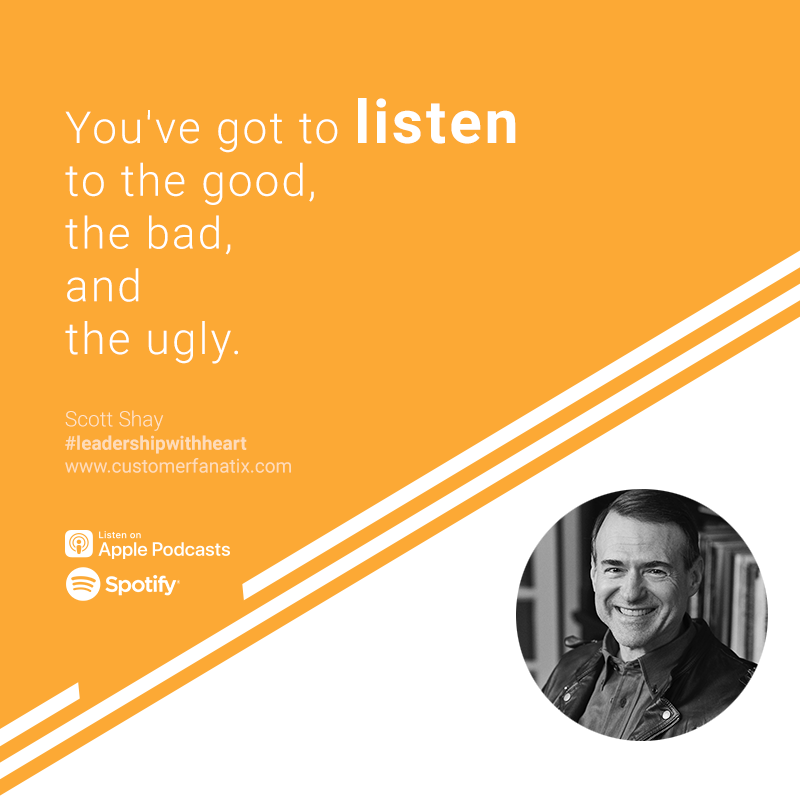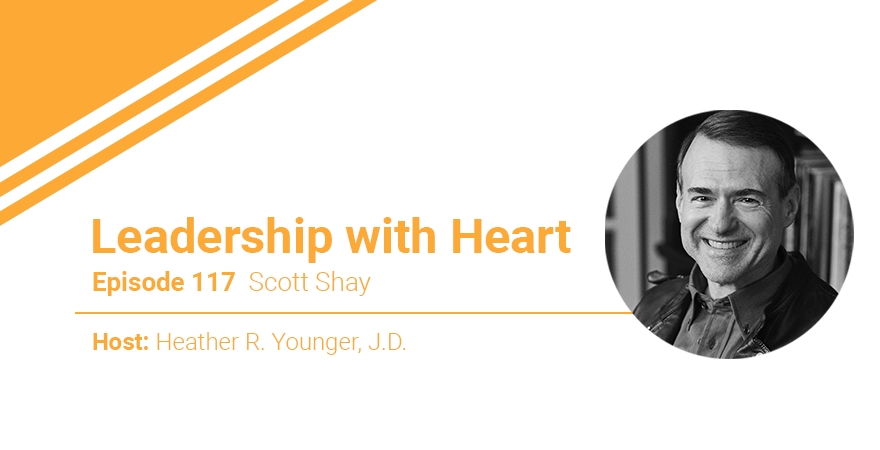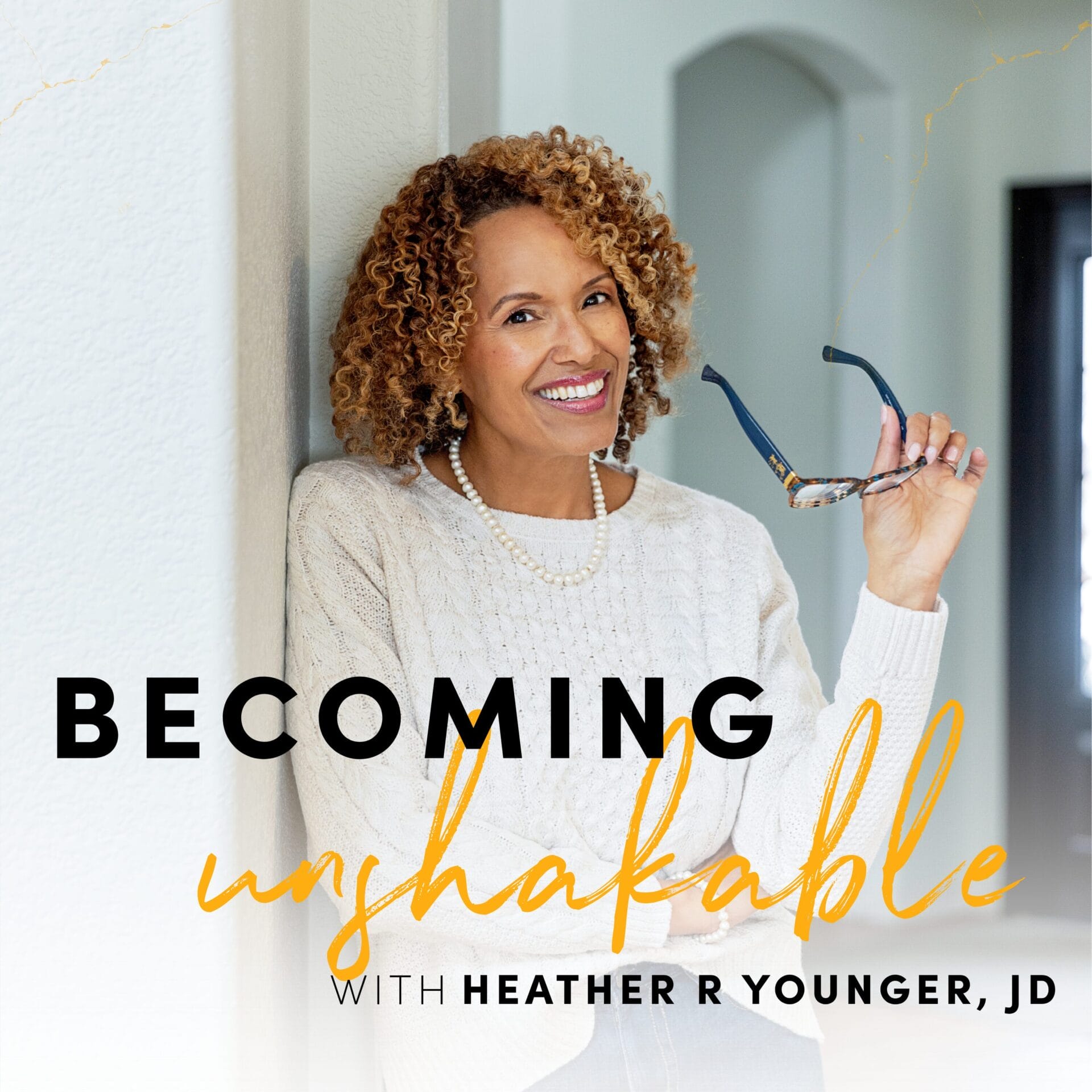Subscribe to the Leadership with Heart Podcast:
In this episode, Heather Younger speaks to Scott Shay, Chairman of Signature Bank of New York about his leadership style, his mentors on leadership and a very unlikely journey to where he is today. He also shares his organization’s communication strategy in the midst of the Corona Virus, a time when he was not the best leader he could be and much more.
Key takeaways:
- The most valuable asset in any organization is its employees.
- Use the Golden Rule in your standards of conduct or organizational norms.
- Don’t do something to your client or employees that you wouldn’t want them to do unto you.
- Some things can be caught but not taught.
- Listen to the people who are closely connected to your business issues. Otherwise, it’s dangerous.
This episode is surely insightful. Listen and learn!
Scott Shay’s Full BIO
Scott A. Shay is a Co-Founder and Chairman of Signature Bank.
Scott is also the Chairman of the Investment Committee of the Elah Fund, an Israel private equity fund. He is a passionate community activist as well. He started an adult educational program, chaired several major Jewish educational programs and, with his wife Susan, started a Hebrew School.
He is the author of In Good Faith: Questioning Religion and Atheism and Getting our Groove Back: How to Energize American Jewry. He has also written articles on Judaism, belief and the economy for many leading publications. Scott has been thinking about religion, reason, and modernity since wondering why his parents sent him to Hebrew school.
Rubber Meets the Road
I am actually at a time when everything that I’ve learned is now coming to bear. We are in the midst of this huge COVID-19 crisis and it’s having a serious and devastating impact on the economy. We’re dealing with it every day. It’s sort of a continuing 24-hour emergency with clients who are wondering whether to continue in business, or how they would work with their employees.
This is truly a time when the rubber meets the road, and a time when you can really see authentic leaders who care about people and who are not.

The Golden Rule
This is a trying time, and what got people here won’t necessarily get them to the next step. - Scott Shay #leadershipwithheart Share on X We sometimes get so caught up in regulations and rules that we lose sight of a very simple reality. - Scott Shay #leadershipwithheart Share on XMy colleagues are now under tremendous pressure from their clients because of huge essential decision making for their companies. They need to be mindful. They shouldn’t be nervous while knowing where they stand. They should also know where the bank stands and how the bank is going to treat their clients.
I’ll tell you my basic rule, the golden rule. The golden rule is as old as the Bible. Don’t do what would be hateful on to you to someone else. We actually have put that in our standards of conduct. If you get this right, the rest is really detail.
If you don’t do something to your client that you wouldn’t want done to you, that will take you a long way. It really is the golden rule. This means we have to treat every client with compassion. Sometimes that’s challenging, but we do it. We want our colleagues to know they’re going to be rewarded for always being compassionate and always letting the client know where they stand.
The Right Thing
Sometimes, it is in our most intimate encounters that we recognize things that have epic consequences in our lives. - Scott Shay #leadershipwithheart Share on X Think about what your clients want from you. Make sure your team feels like they can tell you what you don’t necessarily want to hear. - Scott Shay #leadershipwithheart Share on XMy father always centered me in a moral way. He always did the right thing. Some things can be caught but not taught. My father was really good at that. Occasionally he would bring someone home from the street. If we had an old coat he’d give them an old coat. He would feed them dinner.
When I was younger, I was little bit afraid of these people he would bring in. They did not necessarily looked or smell the best, but he always treated people like human beings. I think that came from his concentration camp experience. When somebody’s really down and there seems to be nothing, how can you give them hope?
My parents did not have a lot of funds but they always gave money to the needy. They felt like there were people with less and they think of how to help them. Now, I wanted to do better. I always recognize my parents never raised me thinking we’re poor. I didn’t know what that meant until, I compared what we were doing with the rest of the world. I don’t think that ever came out of their mouths.
Mentions
Connect with Scott on LinkedIn
Subscribe, rate and review the podcast on Apple Podcast
Listen to the podcast on Spotify














